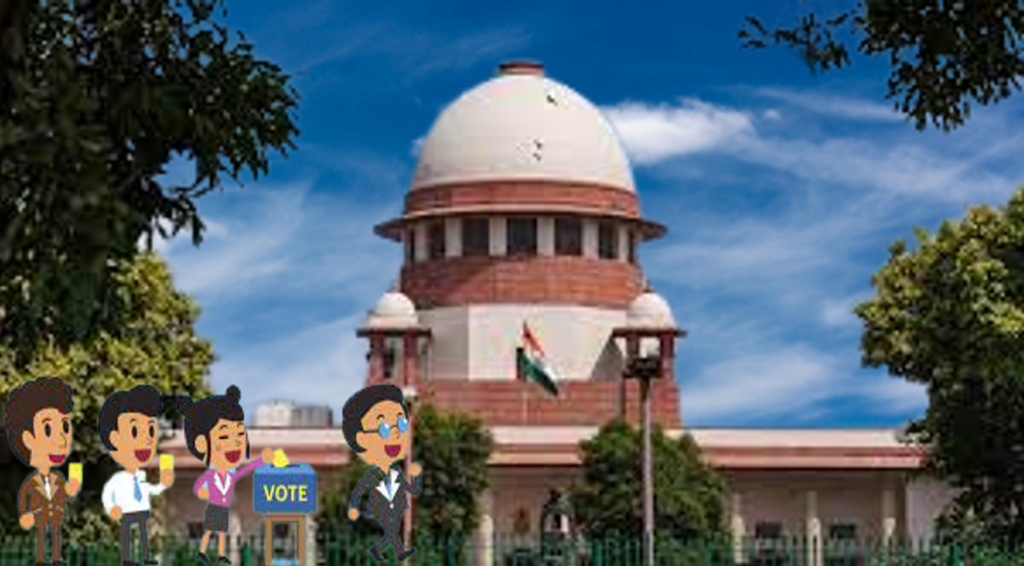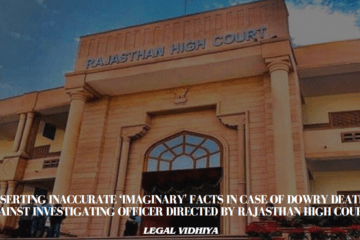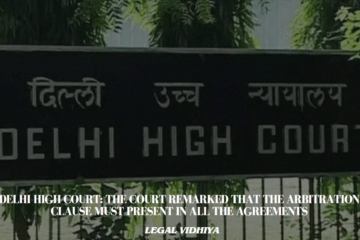
The Supreme Court of India has dismissed a public interest litigation (PIL) that sought to challenge the constitutional validity of Rule 39AA of the Conduct of Election Rules, which allows for an open ballot system in Rajya Sabha polls. The bench, comprising of Chief Justice of India DY Chandrachud, Justice PS Narasimha, and Justice JM Pardiwala, held that Parliament has the power to decide on the manner of voting in elections and that secrecy of voting is not an absolute principle.
The petitioners had argued that the open ballot system violated the principle of secret ballot and could lead to political victimization of members who vote against their party’s whip. They cited Article 80(4) and Section 123(2) of the Representation of People Act to contend that the open ballot system violated the fundamental rights of the members of the Rajya Sabha.
However, the court rejected the arguments made by the petitioners and held that the rule does not violate the Constitution. The bench observed that Rule 39AA of the Conduct of Election Rules had been inserted to ensure transparency and accountability in the electoral process.
Rule 39AA was added to the Conduct of Election Rules in 2014, in response to recommendations made by the Election Commission of India. The rule mandates that the ballot papers for Rajya Sabha polls should be of two colours, with one colour being used for indicating the preference of a voter belonging to a political party and the other colour being used for indicating the preference of an independent candidate.
The open ballot system allows for the marking of a preference on the ballot paper to be seen by the authorised agent of the political party or the independent candidate. This is intended to ensure that the voter’s choice is known to the political parties and independent candidates, and that they can take necessary steps to prevent any attempts at horse-trading.
The defendants had argued that the secrecy of voting was not an absolute principle and that the introduction of the open ballot system was done through a proper legislative process. The court’s decision to uphold the validity of Rule 39AA has been welcomed by many as a step towards increasing transparency and accountability in the electoral process. The ruling is likely to have a significant impact on future Rajya Sabha elections and could pave the way for similar reforms in other areas of the electoral process.
Submitted by Nidhi Bhadauriya, student of BA.LLB 2nd semester ,from Vivekananda Institute of Professional Studies




0 Comments